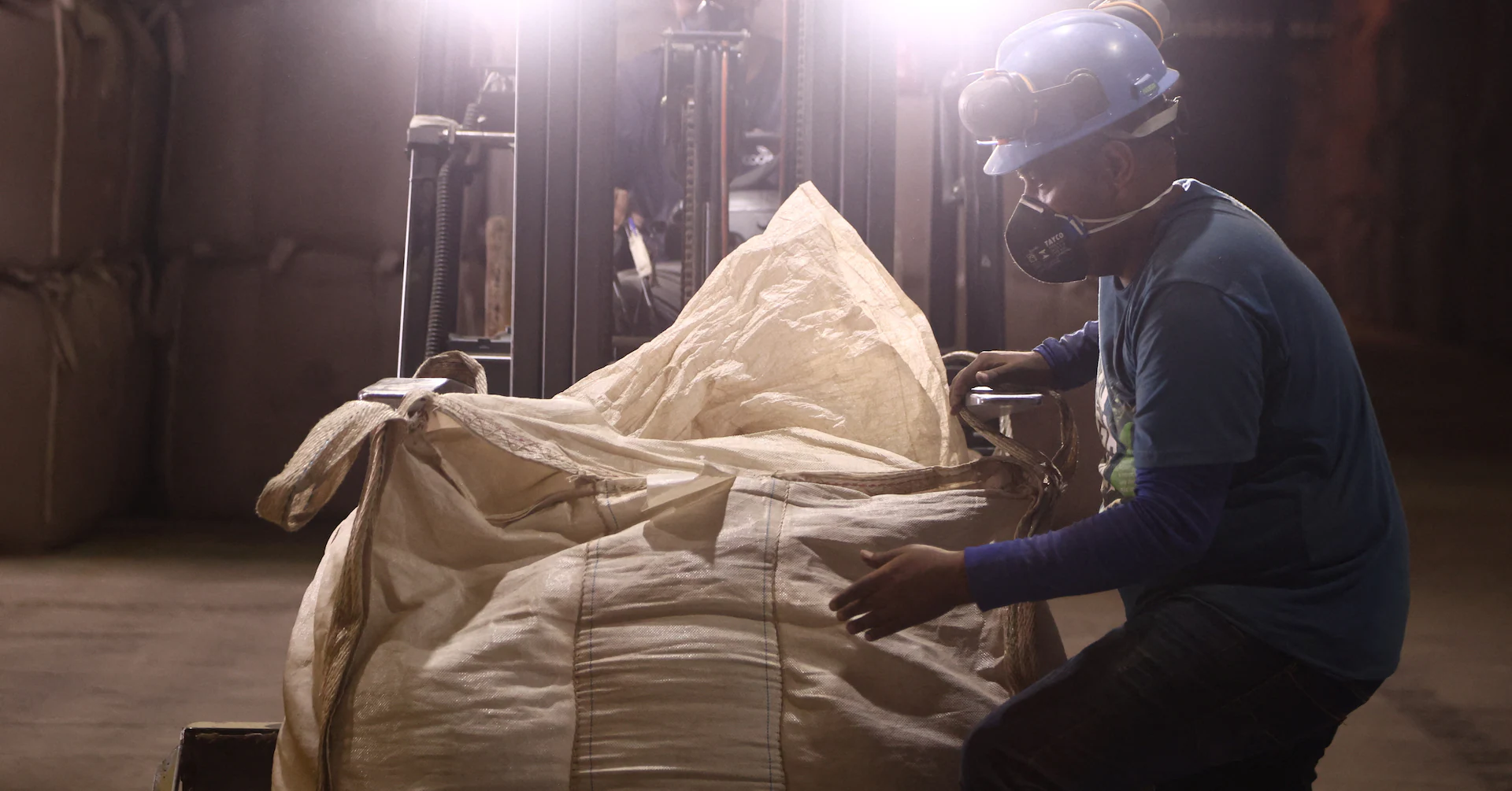
NEW YORK, Sept 16 (Reuters) – Prices for coffee futures traded in the Intercontinental Exchange in New York approached an all-time high on Tuesday as the market continues to climb amid the U.S. tariffs and a dry September in Brazil, which could hurt production.
Arabica coffee futures earlier rose to a session high of $4.24 per pound, a seven-month top and not far from the all-time peak of $4.29 per pound for the most liquid contract hit earlier this year.
Sign up here.
The futures fell towards the end of the session with investors booking profits. Arabica closed down 2% at $4.0935/lb.
Coffee is one of the items that are keeping food prices in the United States persistently high. The Federal Reserve is meeting Tuesday and Wednesday to decide a potential rate cut, depending on their evaluation of inflation data, among other factors.
Roasted coffee prices at grocery stores in the U.S. rose 20.9% in August from a year ago, according to Bureau of Labor Statistics data.
The South American country used to supply a third of all the coffee used in the U.S., but shipments dried up since the tariffs, rushing local roasters to grab available supplies, including certified stocks at the exchange.
“Speculative managed money funds now see two clear targets: under-covered roasters; trade and producers under heavy margin pressure, being forced to lift hedges,” said U.S.-based Cardiff Coffee Trading in a note to clients.
Cardiff refers to the fact that the U.S. coffee industry had been late on hedging amid the tariff situation. Meanwhile, traders and producers, who usually take a sold position in futures, are liquidating those to avoid paying big margins to the exchange, a move that drive prices higher. Funds are taking the opportunity to boost their buying.
“I attribute most of this recent price rally to tariffs and the resulting disruption on the supply chain,” said StoneX coffee broker Tomas Araujo, adding that there are also worries about the weather in Brazil.
It has been dry in Brazil this month. Rains are needed soon to stimulate the flowering phase of coffee trees, a key stage to determine fruit load looking into next year.
Robusta coffee fell 1.3% to $4,781 a metric ton.
In other soft commodites, London cocoa fell 2.1% to 5,107 pounds per ton, while New York cocoa lost 3.6% to $7,371 a ton.
Raw sugar settled down 0.6% at 15.90 cents per lb, while white sugar was little changed at $465.80/ton.
Reporting by Marcelo Teixeira in New York and Nigel Hunt in London; Editing by Kirsten Donovan and Mohammed Safi Shamsi
Our Standards: The Thomson Reuters Trust Principles., opens new tab
Covers agricultural commodities and biofuels, including production, trade and transportation, based in New York. Former Brazil correspondent and climate/environment reporter. Brazilian, holds a Bachelor of Journalism degree and has done post-graduate studies in Environmental Reporting from Germany’s InWent Institute and Foreign Policy and International Political Economy from Harvard University. Avid soccer and tennis player.
Focused on agriculture with more than 30 years of experience in London, Chicago and Los Angeles including coverage of metals and energy. Interests include the impact of climate change on agriculture, new farming technologies and food security.



